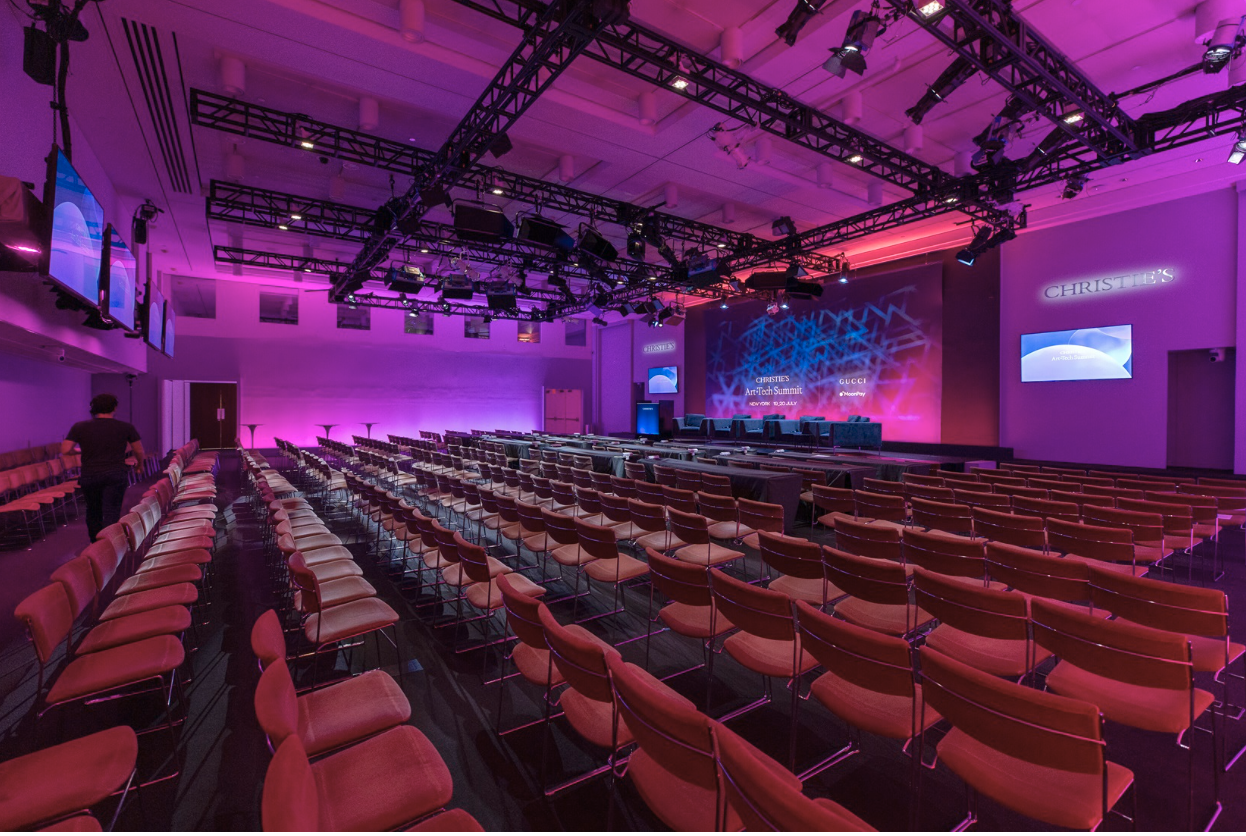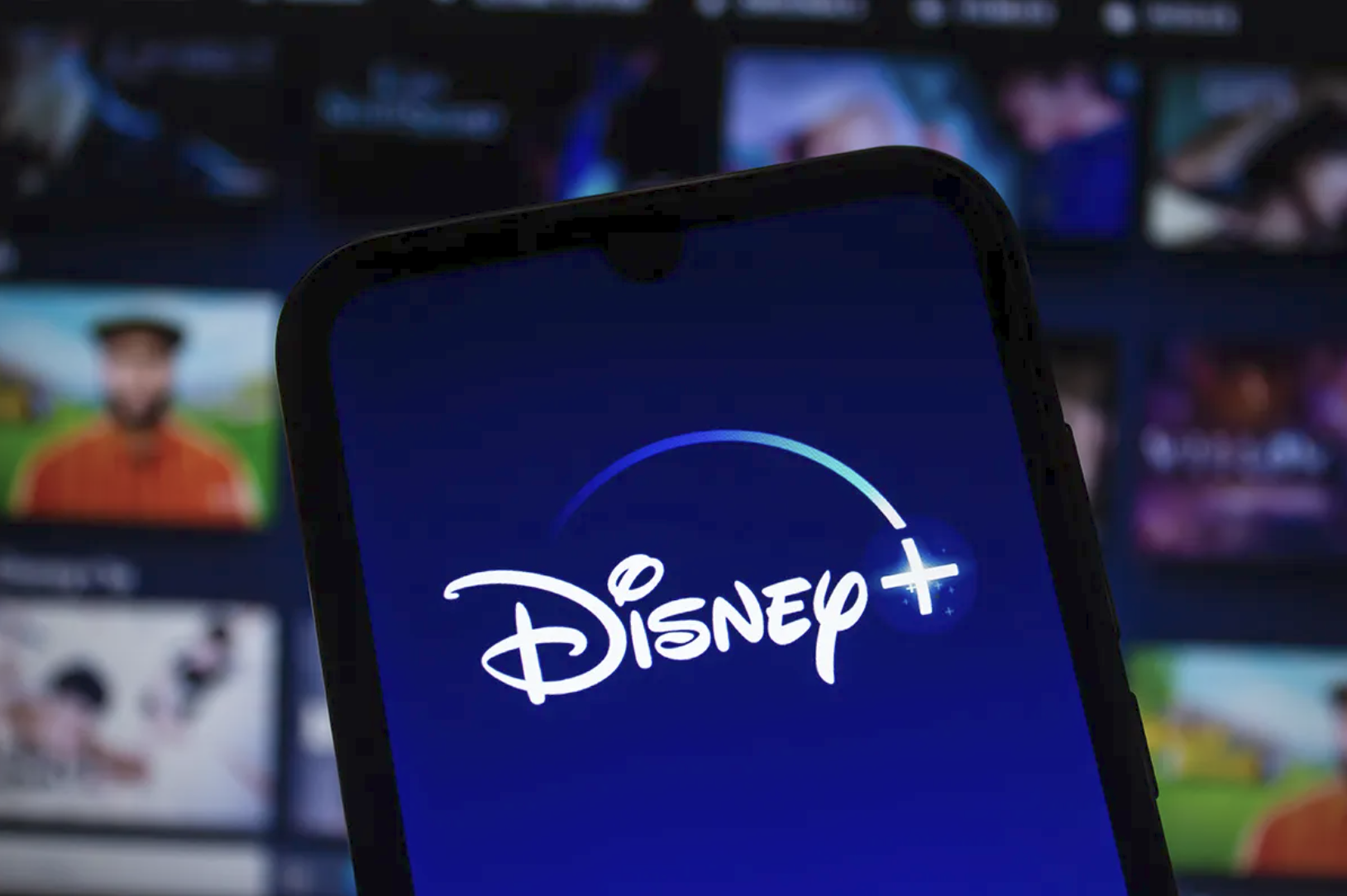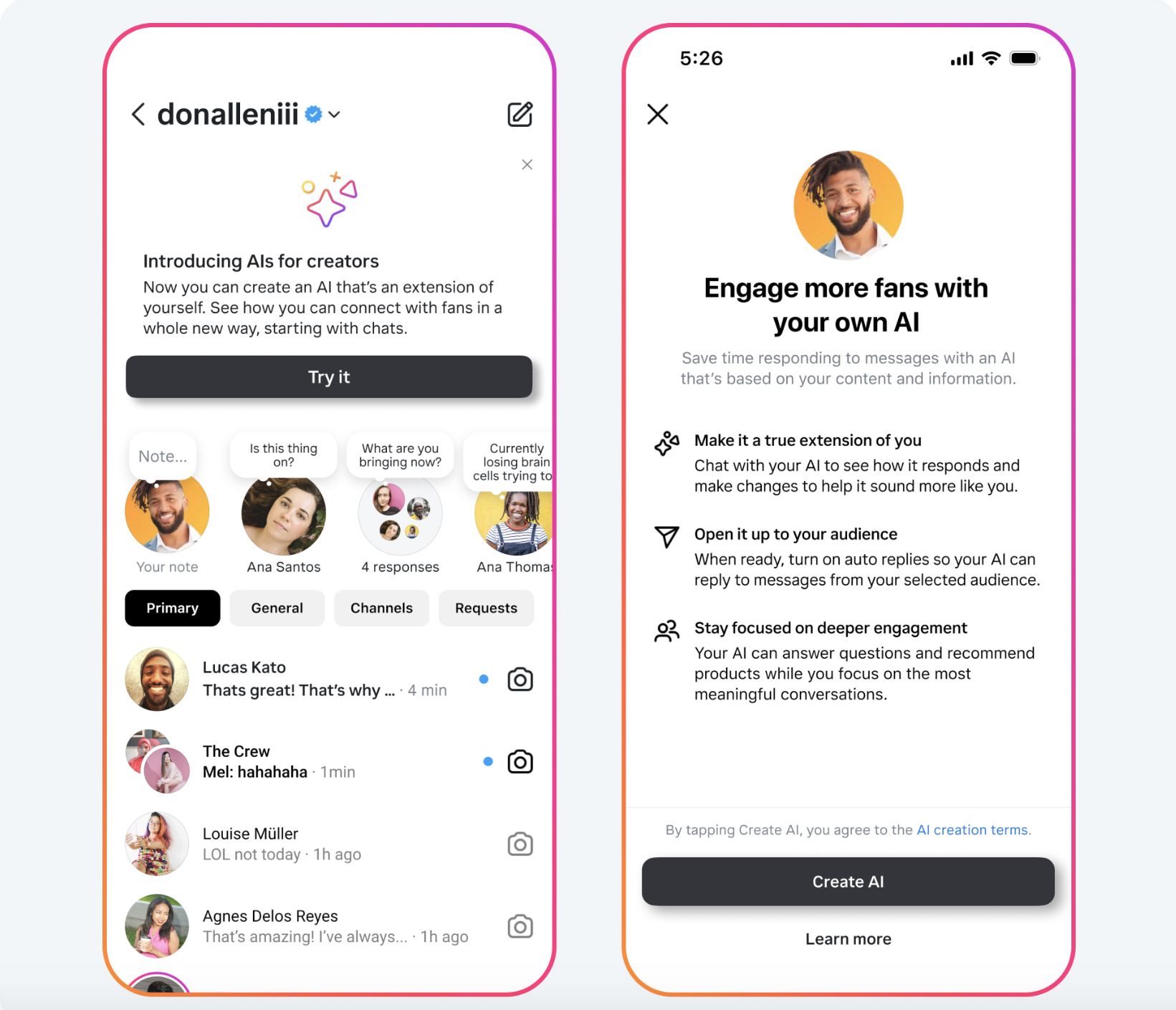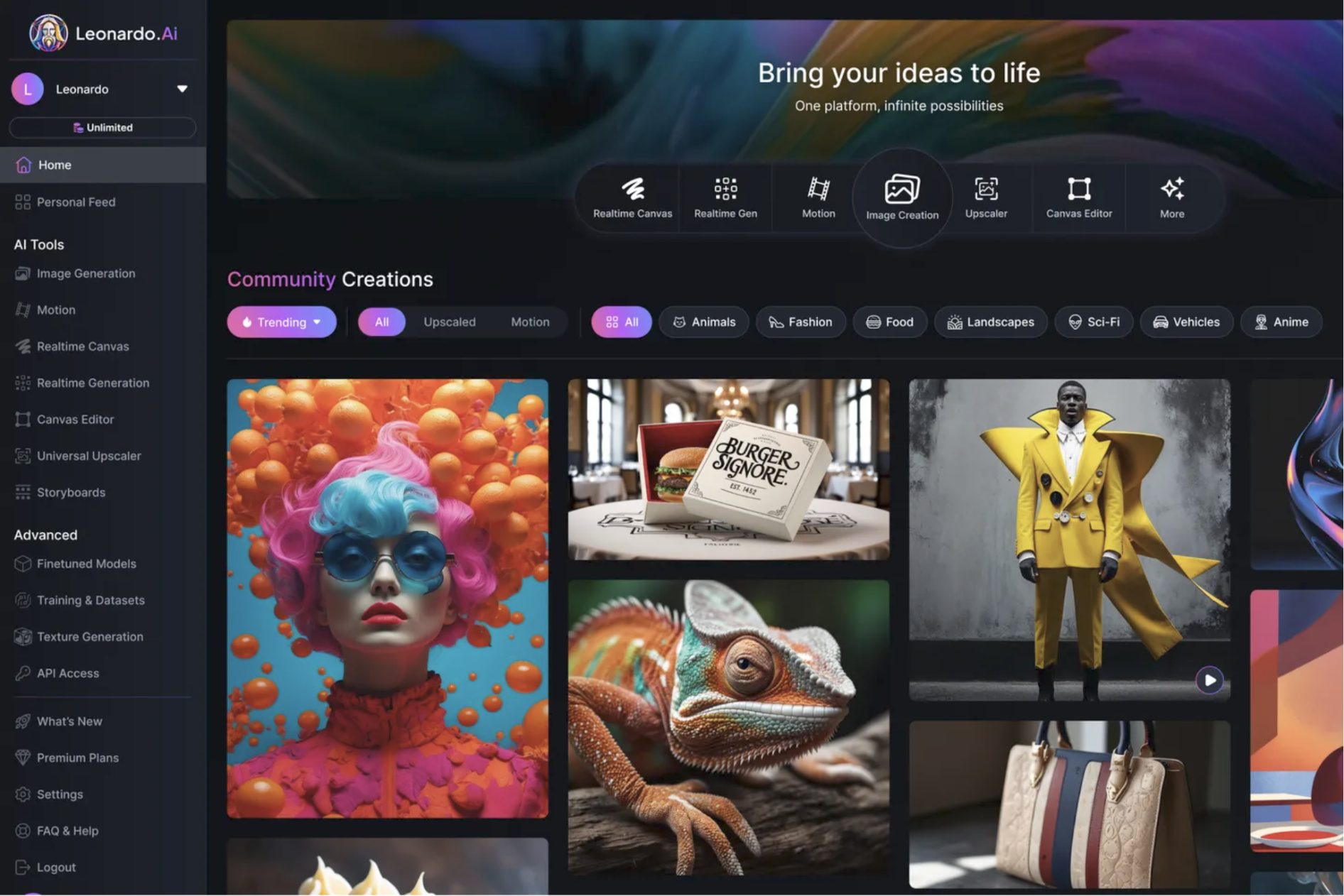How can AI and blockchain play a functional role in arts and cultural organizations? At Christie’s 8th Annual Art + Tech Summit, top arts leaders gathered to address this question and more. While companies race to integrate the latest technology, uses may not align with consumer demand or practical need. With eyes on the creative industry’s next steps, companies must consider ethics of the AI tools they implement. For Disney, this resulted in a “hacktivist” cyber attack, leaking more than 1 TB of company data in protest of AI artwork policies. Meanwhile, individuals must take more responsibility in protecting their own data privacy as Google Chrome once again takes back promise to eliminate third-party cookies. Read more about this month’s news below.
Christie’s holds 8th Annual Art + Tech Summit
This month, Christie’s held an Art + Tech Summit in New York City. Featuring acclaimed artists, technologists and business leaders, the lineup of speakers discussed some of the top issues and opportunities pressing the arts world. Unsurprisingly, AI took the forefront - opening with a conversation with digital artist Refik Anadol. “‘Artists always reflect back what happens to humanity,” the artist stated. Many seemed to question the utility of AI, including Apple co-founder Steve Wozniak.
Another significant topic was the declining market in NFTs, and while Pace Gallery and Christie’s were early adopters of the technology, both appear to be moving away from this investment. While some have moved to incorporate blockchain in operational practices, such as the verification of luxury sales, consumers may not yet value this change.
Image Source: Christie’s
“Hacktivists” Target Disney For AI Policies
This summer, a number of data security breaches have left arts enterprises vulnerable - from Christie’s to Ticketmaster. This month, even Disney - one of the largest media companies in the world - fell victim to cyber attack. More than 1 TB of data from the company’s international Slack channels was allegedly leaked this month, including details on software development, personnel, and unannounced projects. Nullbulge, an anonymous “hacktivist” group, took credit for the leak - targeting Disney to draw attention to the company’s policies around AI-generated artwork. The group told the Wall Street Journal, Disney was a target “due to how it handles artist contracts, its approach to AI, and its pretty blatant disregard for the consumer.”
Image Source: Emre Akkoyun/Shutterstock
Advertisers pressure Google to keep Third-Party Cookies
For years, Google Chrome has shared plans to remove third-party cookies from the browser. Earlier in 2024, the company announced plans to ban third-party cookies on its browser by the end of the year. This technology has long been used to track user behavior across websites, which is used to target advertising. To continue to provide data for advertising while protecting user privacy, Google planned to categorize user behaviors more broadly through an initiative called Google Privacy Sandbox, rather than specifics about the sites you may visit. After testing with 1% of Chrome users, advertisers pushed back citing declining sales. This month, Google announced that they would no longer be pursuing this goal. Third-party cookies will continue , but the company claims that users will have more control over their data privacy. making it easier to turn off third-party cookies.
Image Source: Growtika/Unsplash
Meta Launches Custom AI Chatbots
In a new initiative called AI Studio, Meta seeks to provide “a place for people to create, share and discover AIs to chat with - no tech skills required." Meta says the motivation for this feature was the fact that popular creators cannot personally interact with the vast majority of messages they receive. The solution, according to Connor Hayes, Meta's VP Product for AI Studio, is to create an AI “extension of themselves." The chatbot tool can be customized with content such as one’s instagram feed, links, or topics to avoid. To protect users users, conversations with an AI chatbot are labeled so they know when they are messaging an AI tool.
Image Source: Meta
Canva Acquires Leonardo.ai to expand Magic AI Tools
Canva is expanding its visual design and communications suite to compete with programs like Adobe. While it has integrated text-to-image generative AI within the platform, they are now expanding functionality through the acquisition of Leonardo.ai. The company will continue to operate outside of the Canva platform, though this move will also give Canva access to rapidly enhance Magic Studio AI Tools with Leonardo.ai’s text-to-image and text-to-video technology. The model is trained on “licensed, synthetic, and publicly available/open source data,” according to an interview with TechCrunch.
“Pairing that Canva workflow with new generative capabilities will help us continue to set our AI offering apart, and deliver new possibilities for the growing base of teams and enterprises using Canva,” said Canva co-founder and chief product officer Cameron Adams.
Image Source: Leonardo.ai





